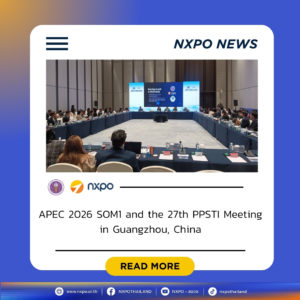On 4 June 2025, MHESI-NXPO, in collaboration with the Asian Development Bank (ADB), organized the ADB Design Clinic: Investing in Skills for Future Jobs in Green and Competitive Economies. The event convened senior education officials and policymakers from ADB member countries, international experts, ADB education specialists, and industry leaders to explore strategies for aligning education systems — particularly Technical and Vocational Education and Training (TVET) and higher education — with the needs of green and future-oriented industries.
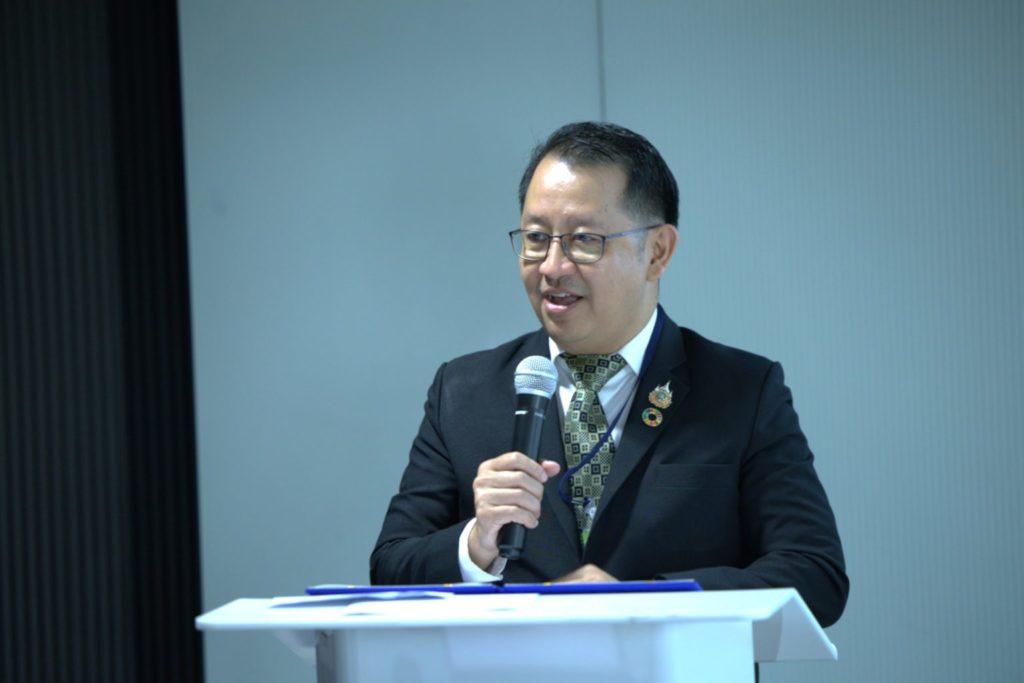
In his opening remarks, Assoc. Prof. Wongkot Wongsapai, Vice President of NXPO, emphasized that governments across Asia and the Pacific are actively advancing green growth strategies, transforming industries and economies, and reshaping workforce demands. He noted that higher education plays a key role in enabling this transition, while many countries — including Thailand — are facing a growing skills gap between current workforce capabilities and those required for emerging sectors such as clean energy, sustainable agriculture, digital innovation, and sustainable manufacturing.
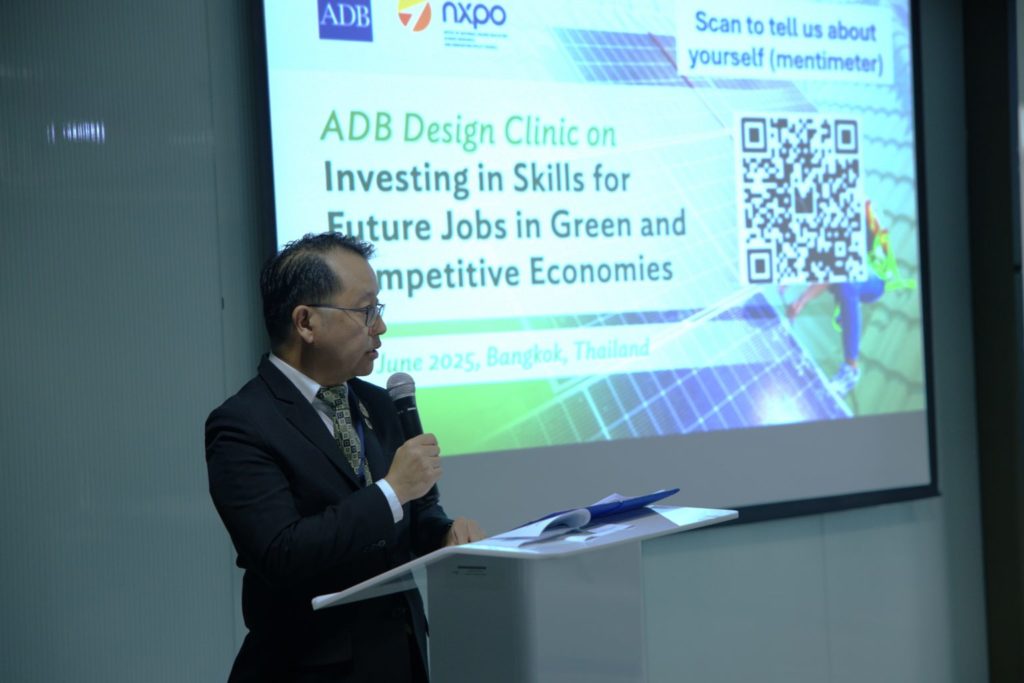
“NXPO believes this transition presents a vital opportunity to reposition the education system as a strategic driver of national development. By aligning education with innovation and industry needs, we can build a resilient, competitive, and sustainable future for all,” said Assoc. Prof. Wongkot.
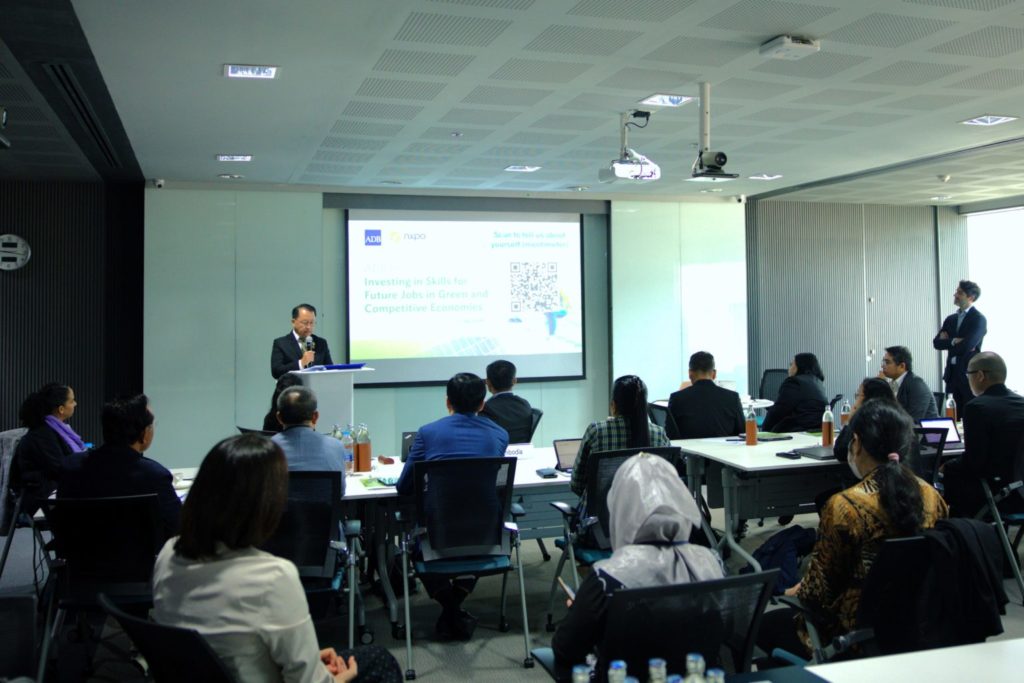
The Design Clinic provided a platform for open dialogue, collaboration, and knowledge exchange. Participants shared insights, case studies, challenges, and best practices from across the region, underscoring the importance of regional cooperation and clear workforce investment strategies to support green economic transitions. The initiative aligns with Thailand’s national Bio-Circular-Green Economy (BCG) agenda, which integrates innovation, sustainability, and human capital development.
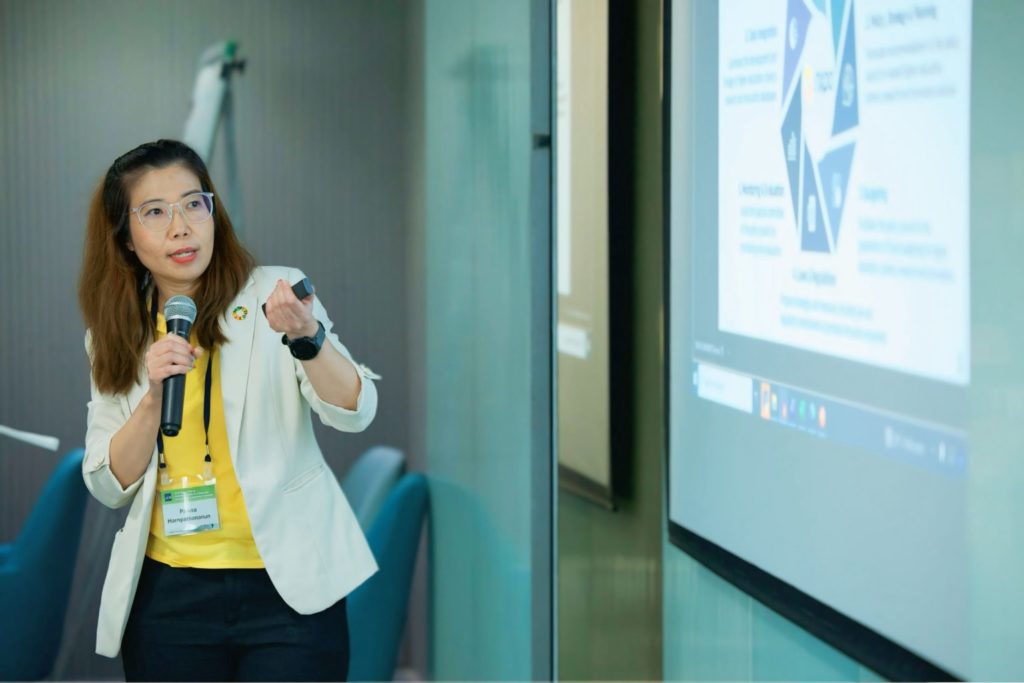
Ms. Panisa Harnpathananun, Director of the Higher Education Innovation and Future Skills Development Division at NXPO, presented a case study on Thailand’s BCG model — a policy framework leveraging bioeconomy, circular economy, and green economy principles to achieve sustainable development, balancing economic, social, and environmental objectives.
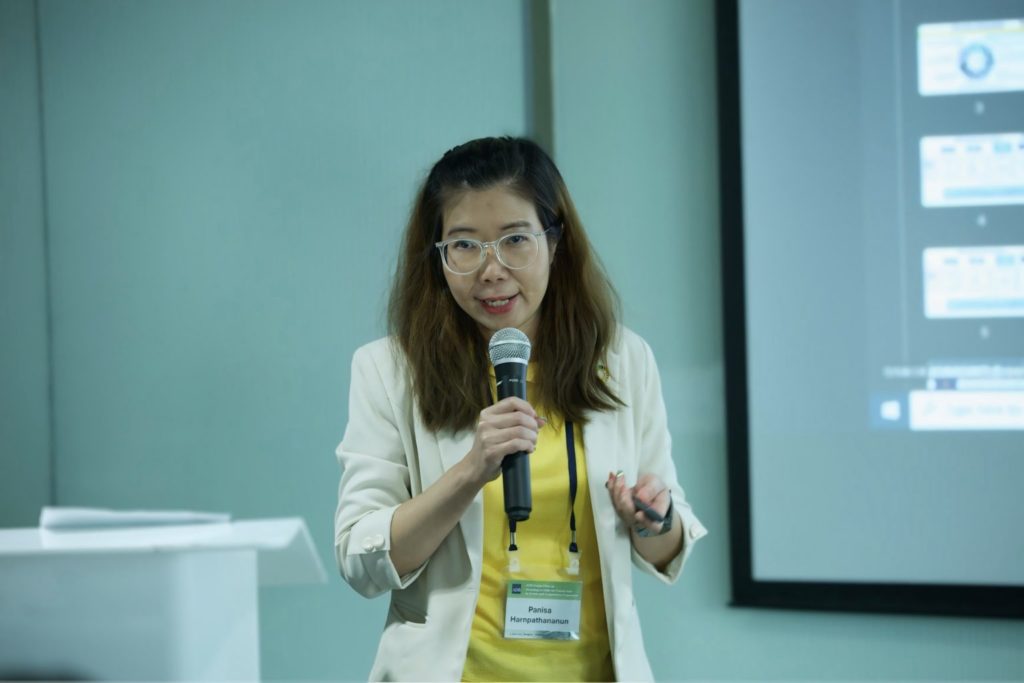
She explained that the BCG policy is structured around two tiers: 1) the top of the pyramid, focusing on groups utilizing advanced knowledge and cutting-edge technologies for intensive production development; and 2) the base of the pyramid, engaging a broad population using accessible, appropriate technologies and moderate-level knowledge to support sustainable production systems. This framework drives four key industrial sectors: agriculture and food, energy and materials, health and medicine, and tourism and the creative economy. Notable initiatives include the promotion of future food industry, SME capacity-building programs through BCG initiatives, and the Net Zero Campus program aimed at achieving carbon neutrality in higher education institutions.
She explained that the BCG policy is structured around two tiers: 1) the top of the pyramid, focusing on groups utilizing advanced knowledge and cutting-edge technologies for intensive production development; and 2) the base of the pyramid, engaging a broad population using accessible, appropriate technologies and moderate-level knowledge to support sustainable production systems. This framework drives four key industrial sectors: agriculture and food, energy and materials, health and medicine, and tourism and the creative economy.
Notable initiatives include the promotion of future food industry, SME capacity-building programs through BCG initiatives, and the Net Zero Campus program aimed at achieving carbon neutrality in higher education institutions.
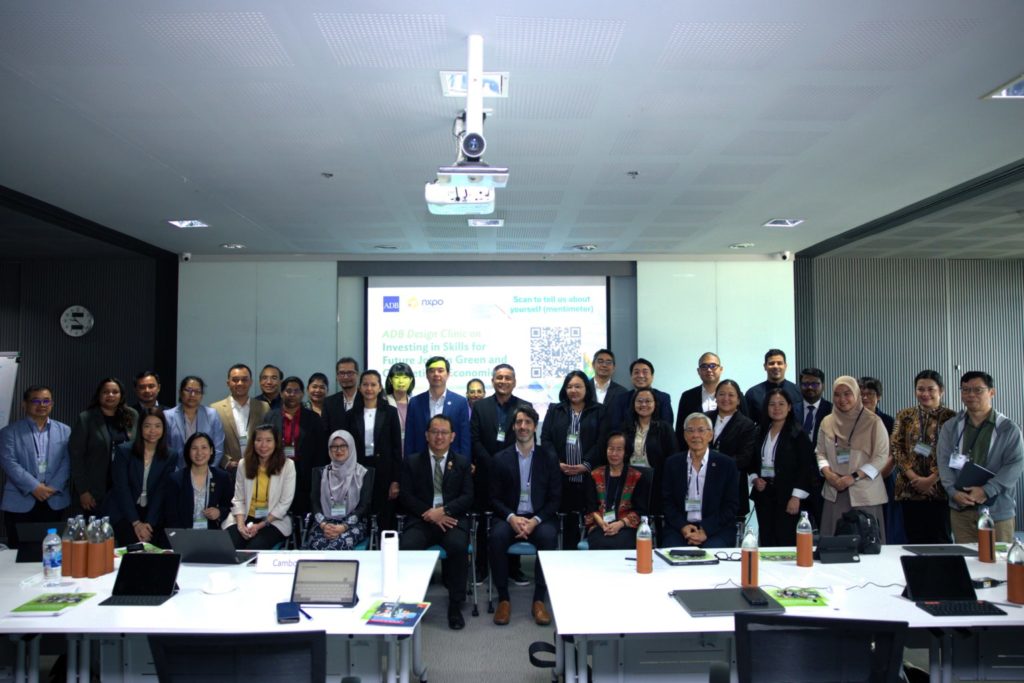
The meeting also featured presentations of country case studies. For example, Nanyang Technological University (NTU) in Singapore offers programs on sustainable management and entrepreneurship, operates research and innovation centers, and collaborates internationally, including with Indonesia, on environmental and sustainability research. The Singaporean government actively supports green policies, workforce skill development, research, and future energy technology funding. In Vietnam, a Center of Excellence for Green TVET has been established to enhance technical and vocational education for green industries, fostering partnerships with private sector and international networks. Thailand has integrated environmental and sustainability concepts into its education sector at policy, higher education, and vocational levels, guided by national BCG model and carbon neutrality strategies. Key initiatives include the Green TVET Workforce Project by the Office of the Vocational Education Commission, the Green University and Smart Campus Project by King Mongkut’s University of Technology Thonburi (KMUTT), and green investment promotion led by the Thailand Board of Investment (BOI).
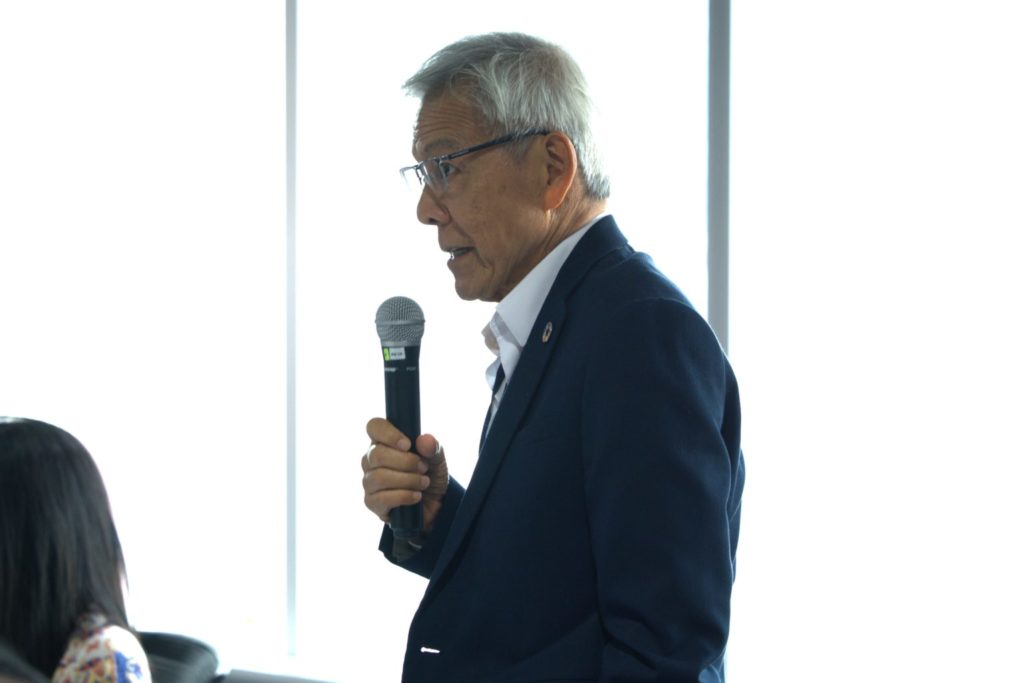
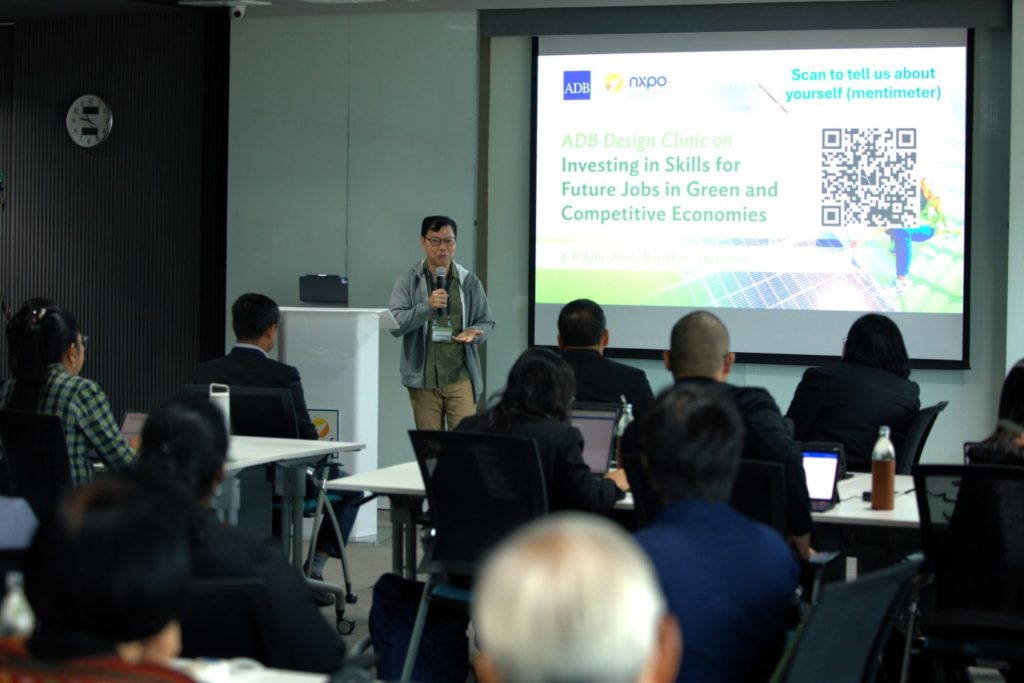
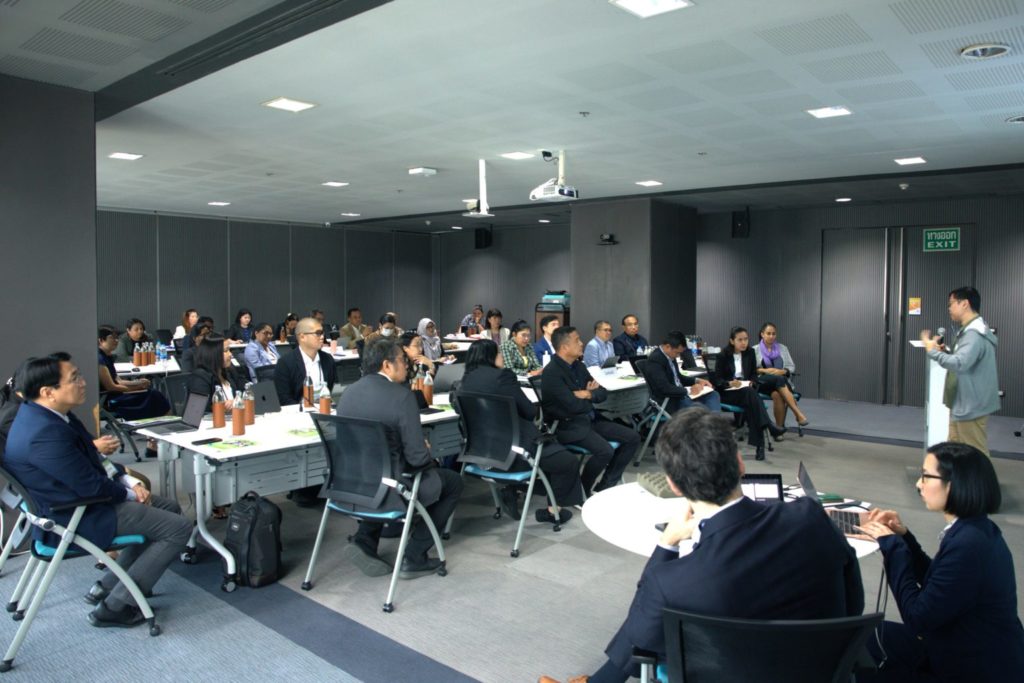
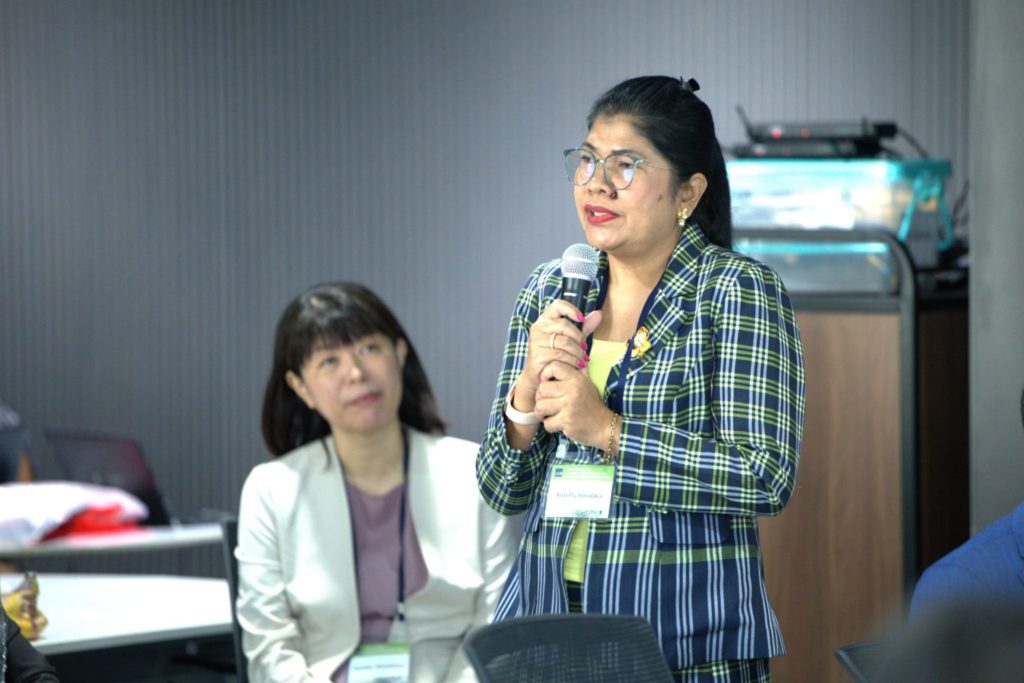
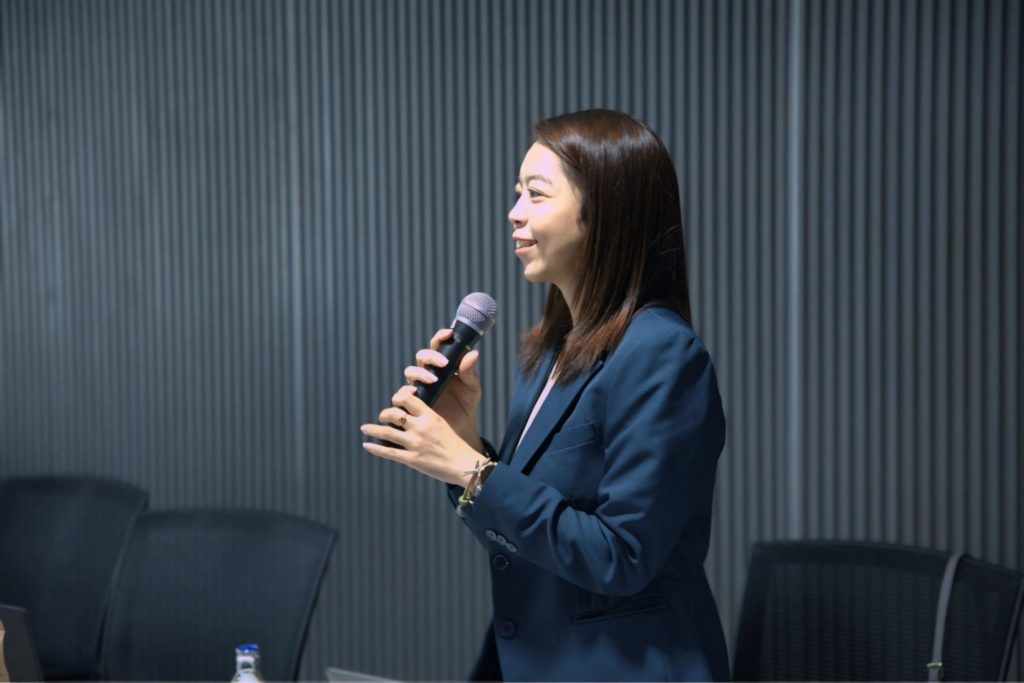
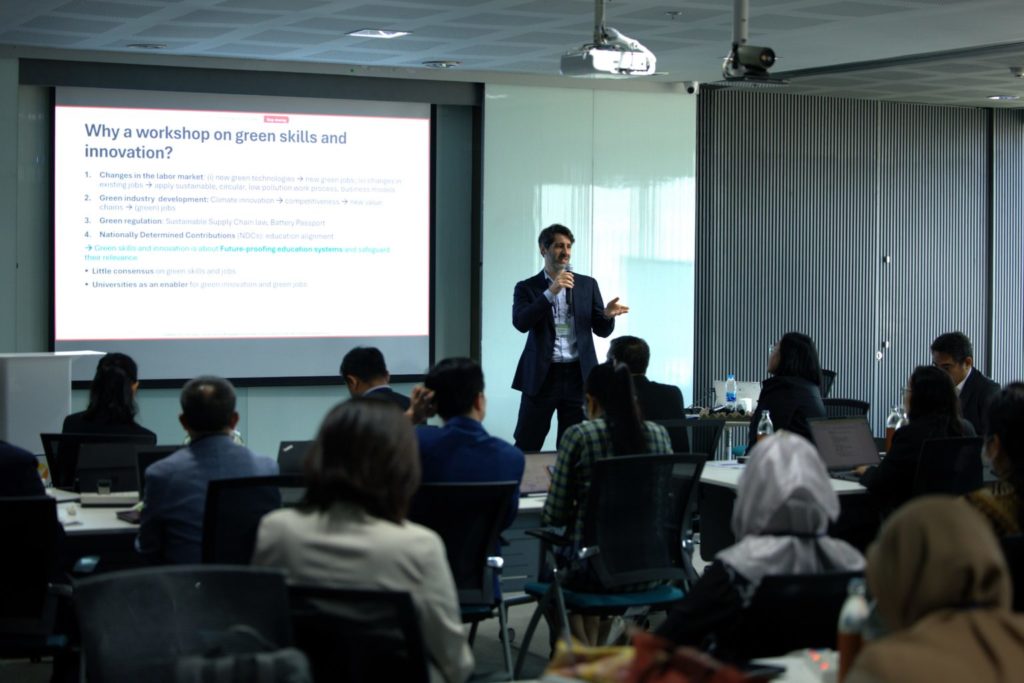
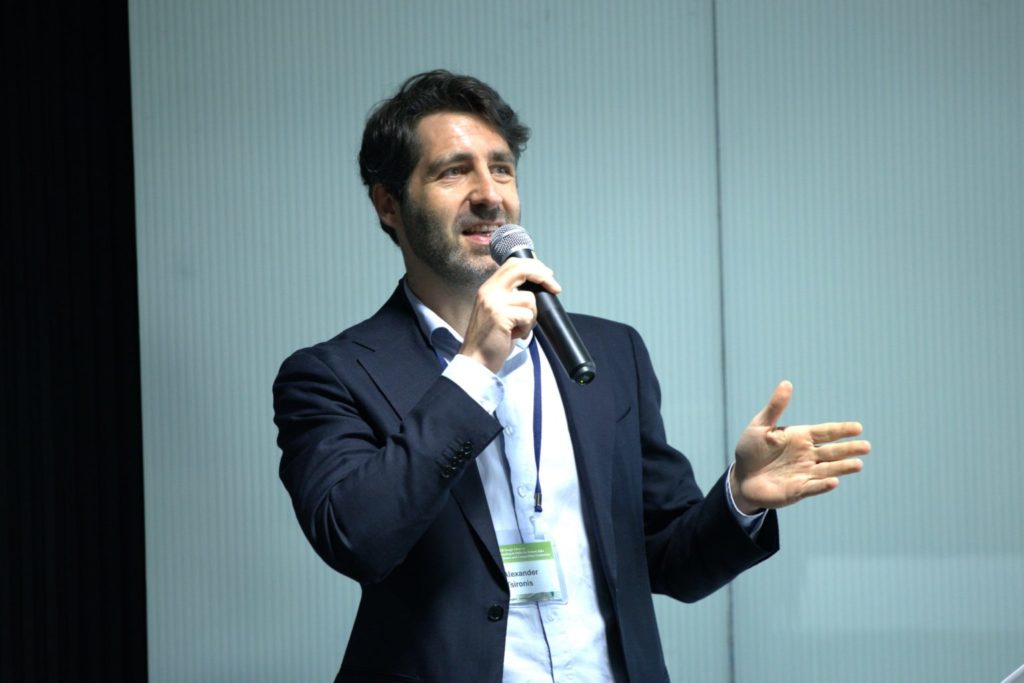
On 5 June 2025, participants visited the FACTory Classroom, a food innovation center at King Mongkut’s Institute of Technology Ladkrabang that fosters industry collaboration in agricultural processing, circular economy practices, and bioeconomy initiatives. They also toured Panus Assembly Co., Ltd., a company recognized for its commitment to workforce development and sustainable operations.
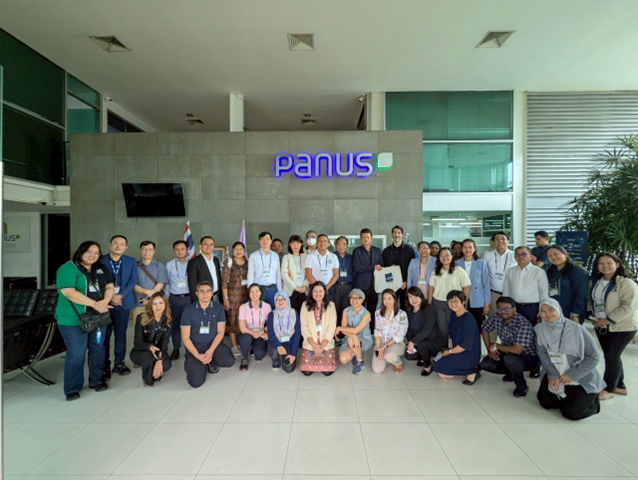
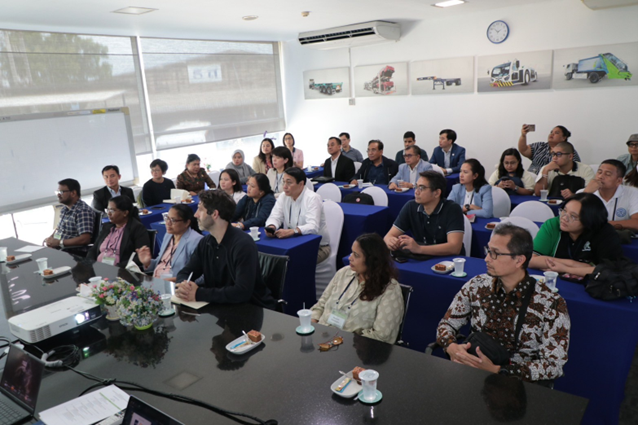
The event reflected the collective commitment of Thailand and ASEAN countries to advancing green growth policies and practices, guiding the region’s economy toward a sustainable future.



